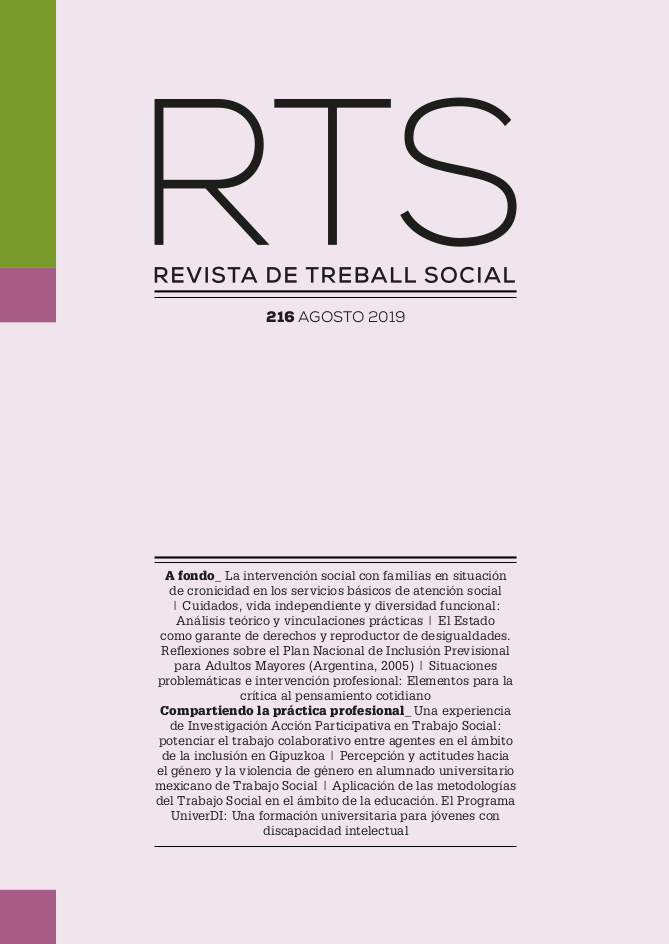In this article we explore the theoretical connection between studies on care and the proposals offered by the social disability model. The aim is to highlight the scientific knowledge generated by the group of people with functional diversity to incorporate it into the various approaches to care. Our ultimate goal is to forge a model of care that meets the demands of the movement for independent life in terms of functional diversity. From a qualitative standpoint, we adopt a critical analysis of discourse, putting forward global claims on the social model of disability and studies on care as a theoretical-methodological framework. We use care as a theoretical unit of analysis, relying on documentary reviews as a research technique. The analytical proposals from the social model of disability compel us to register dimensions that have largely been less widely used in care policies and practices, such as autonomy, (inter)dependence, equality, accessibility, freedom, and rights.
We conclude by pointing out that the incorporation of disability studies, from the standpoint of an independent life, provides a (new) less oppressive care model for the people with functional diversity which is more in keeping with an inclusive society.





